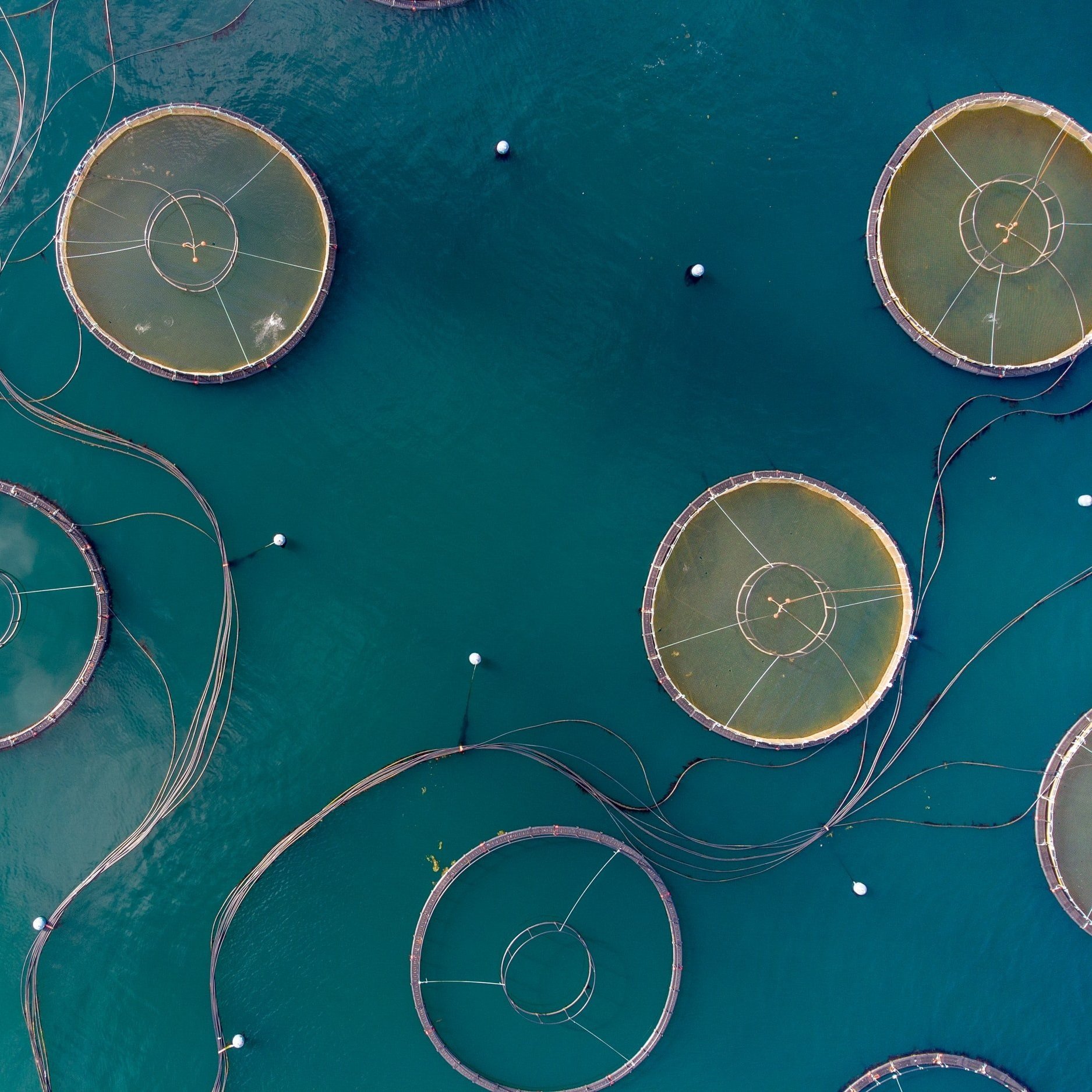Latest Articles
Sort by SDGs…
Or by Style…
Microalgae and More: Is Algaculture Our Sustainable Saviour?
In a thought-provoking analysis, Pearl Jennings explores the potential of algaculture as a sustainable solution to escalating global demands for energy, food, and resources. Highlighting the versatility of algae and its resource efficiency, the article scrutinizes various aspects, from combating malnutrition and minimizing eutrophication to carbon sequestration and biofuel production.
When Climate Change “Meats” STEM
One quarter of the world’s greenhouse gas emissions come from food production, a significant portion of which can be sourced to the meat and dairy industry. Samiksha Manoharan discusses the possibility of using STEM innovation in the form of lab-grown meat to mitigate the meat industry’s impact on the environment.
Innovating More Sustainable Aquaculture
Aquaculture provides almost half of all seafood eaten globally. But, farming seafood is not without environmental impact, and can disrupt the balance of seafood in the ocean. Kavya Venkatesan & Nina Khera look into how technology is being used to create more sustainable aquaculture.
Food For Mood: An Insight Into The Link Between The Gut and The Brain
Is there a definitive link between your food and your mood? In this article, Morgan looks into how nutrition may impact your mental health, exploring the link between your gut microbiome and your brain.
Exploring the IPCC Report — Climate Change and the SDGs
Drawing on the findings of more than 6000 published articles, the recent Intergovernmental Panel on Climate Change (IPCC) report is a comprehensive assessment of the impact and future risks of climate change. Kavya Venkatesan delves into the report’s findings, and what they mean for the SDGs.
In Conversation with Dr Natisha Dukhi
Dr. Natisha Dukhi has been working for over a decade as a medical scientist and public health researcher in South Africa and globally, with specialisms in human anatomy, physiology, pathophysiology, and clinical nutrition. In an insightful interview, our Volunteer Team spoke with Natisha about her work and achievements.
How Transistors Facilitated the Space-Age and How Far They’re Going to Take Us
Transistors are perhaps the greatest invention of the 20th century enabling the switch from large processing systems to the handheld devices we all now own. But what role did they play in space exploration and how are these small electronic devices going to improve our healthcare? With artwork by Amber Briscoe, Lily Tierney explains.
Why We Need Creativity in STEM to Achieve the SDGs
In celebration of World Creativity and Innovation Day, Kiera McCabe shares her perspectives on why we need creativity in STEM to achieve the Sustainable Development Goals, and highlights some innovative companies and organisations who are leading the way in using creativity for good.
UAVs: The Future is Now
What is an unmanned aerial vehicle (UAV), and what features make these vehicles such useful devices? Kutay Çolak explains, and shares his experience on working on a UAV project.
The Significance of DNA and Its Importance in Modern Biology
An understanding of the structure and function of DNA has opened up many areas of research, which could potentially help us solve global challenges. Laura Maisvoreva explores the significance of DNA, as part of our celebration of Dr. Rosalind Franklin.
World Day to Combat Desertification and Drought
The Earth’s land is being degraded at an alarming rate. On World Day to Combat Desertification and Drought, Nina Khera gives an overview of the implications and how we can all help make a difference.





























